There is a vast difference between the approach of the Essenes toward unbelievers, and that of Jesus and his disciples. The Essenes practiced extreme separatism, particularly forbidding economic relations with outsiders.
Below you'll see everything we could locate for your search of “Luke 3-6”
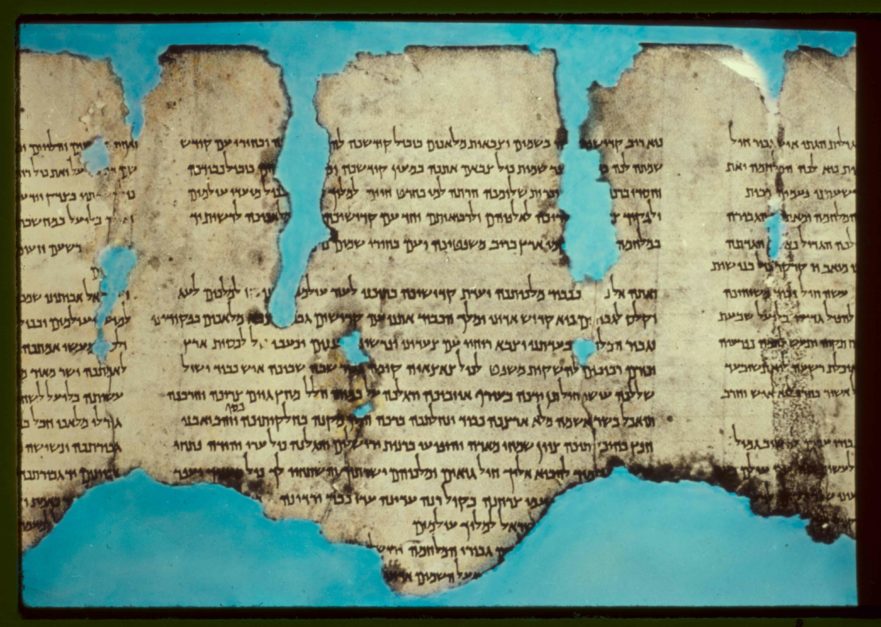
There is a vast difference between the approach of the Essenes toward unbelievers, and that of Jesus and his disciples. The Essenes practiced extreme separatism, particularly forbidding economic relations with outsiders.

— wp:paragraph {“dropCap”:true} –>
The King James Version of Luke 6:1 speaks of the disciples plucking ears of corn, which to an American suggests yellow sweet corn rather than the grain the King James translators had in mind.
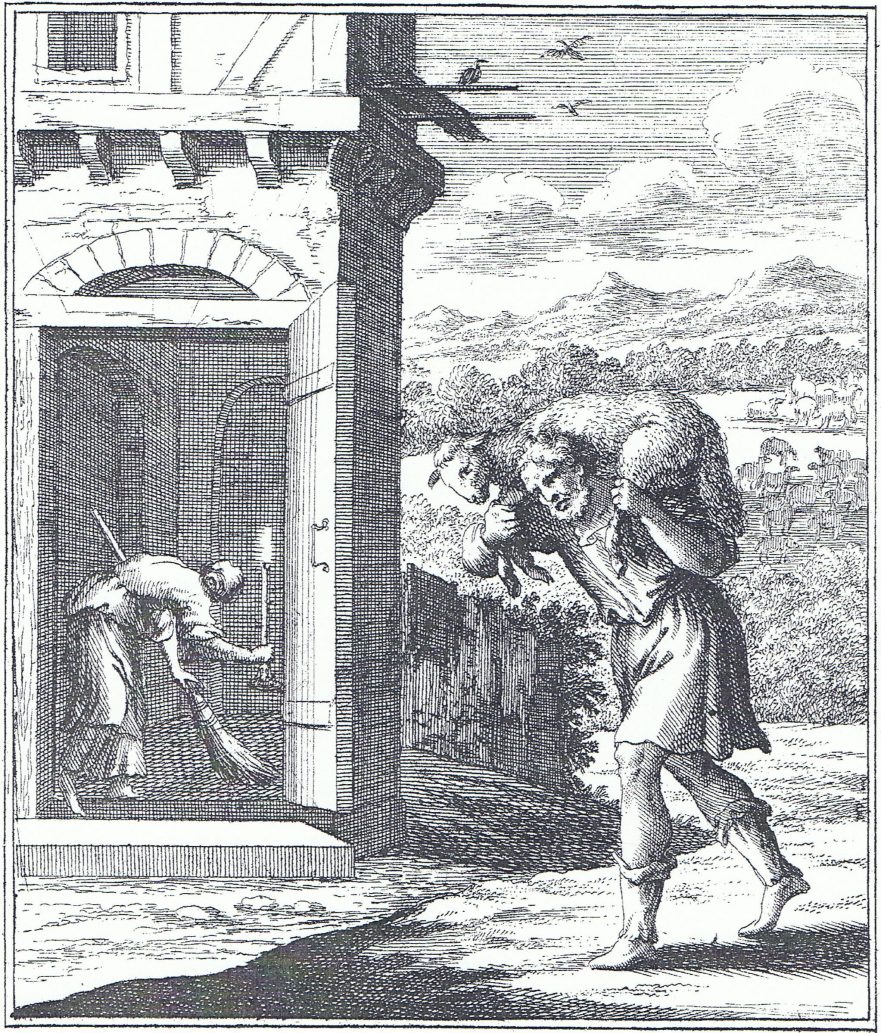
The Full “Call of Levi” Story
I first became aware of the possibility of joining disconnected gospels passages when I noticed that the story of Levi in Luke 5:27-32 could be joined with the Parables of the Lost Sheep and Lost Coin in Luke 15:4-10.

Interestingly, Jesus has this same debate with some Pharisees (about putting aside Sabbath laws) when he’s walking with his disciples and they pluck some grain to eat (Luke 6:1-5).
The more we know and understand the historical, cultural and linguistic background of the Bible, the more we are able to discern elements in the biblical text that heretofore have gone unnoticed. These can be elements that can greatly increase our understanding of the biblical text, reinforce our traditional conceptions, or at times radically transform our understanding by revealing totally unexpected information that affects how the texts would have been originally understood. In his book, Jesus, Rabbi and Lord: A Lifetime’s Search for the Meaning of Jesus’ Words, Robert L. Lindsey,See the chapter, “What Did Peter Say.”of beloved memory, explains how Peter’s confession in Matthew 16:13-20 is more than a simple confession that Jesus is the Messiah, and definitely not the first time that Peter or the other disciples realized that Jesus was the long awaited Messiah.
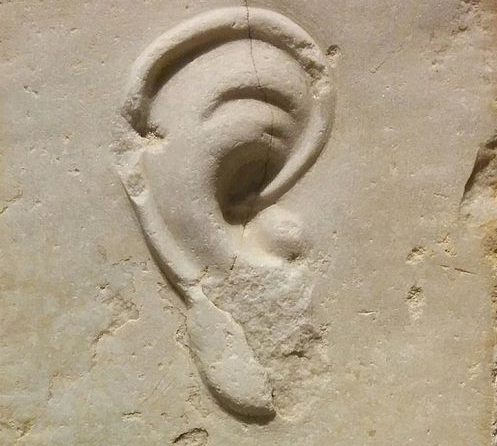
— wp:paragraph –>
While adaptation of existing parables is common in Rabbinic Judaism, Christian students are surprised to observe how closely Jesus’ parable of The House Built upon the Rock (Matt. 7:24-27; Luke 6:47-49) resembles an ancient similitude in Avot de-Rabbi Natan (Version A, chap. 24; Goldin, p. 103).
In the Gospel of Luke 3:23-38 the genealogy of Jesus is listed beginning with Joseph and going backward to Adam, “the son of God.”
And he stood over her and rebuked the fever, and it left her; and immediately she rose and served them (Luke 4:38-39; RSV).
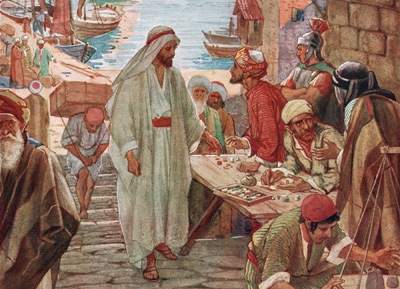
— wp:paragraph {“dropCap”:true} –>
While participating in a seminar on the Synoptic Gospels with David Flusser in 1978, Robert Lindsey noticed that there were important verbal and thematic links between the story of the toll collector whom Jesus called as his disciple (Luke 5:27-32) and the twin similes about how God rejoices whenever a sinner repents (Luke 15:1-10).
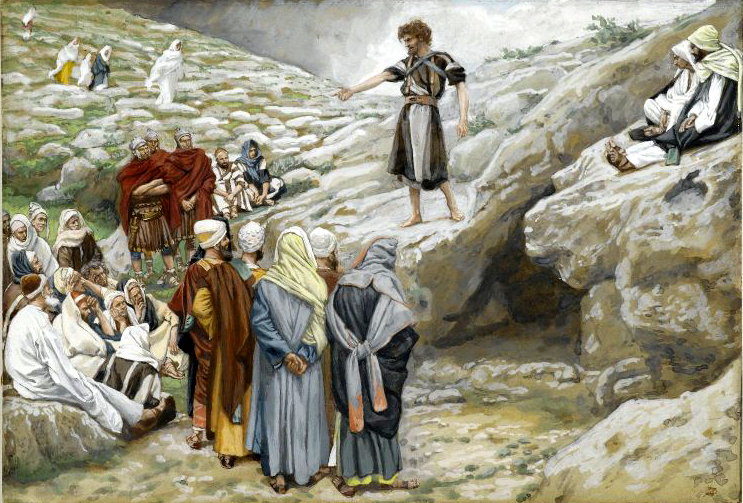
Luke 3:10-14 (Huck 3; Aland 15; Crook 18)For abbreviations and bibliographical references, see “Introduction to ‘The Life of Yeshua: A Suggested Reconstruction.'”… Luke 3:8), see E. … Scheffler, “The Social Ethics of the Lucan Baptist (Lk 3:10-14),” Neotestamentica 24.1 (1990): 21-36, esp. 27; J. Liebenberg, “The Function of the Standespredigt in Luke 3:1-20: A Response to E H Scheffler’s The Social Ethics of the Lucan Baptist (Lk 3:10-14),” Neotestamentica 27.1 (1993): 55-67, esp. 60-62…. See Foakes Jackson-Lake, 1:103; Scheffler, “The Social Ethics of the Lucan Baptist (Lk 3:10-14),” 28.

Luke 4:16-17, however, states that Jesus arrived at the synagogue in Nazareth on the Sabbath, read from the Torah and afterwards read a portion from a scroll of the Prophet Isaiah. … — wp:paragraph –>
It may not be immediately clear to many Christian readers that the story of Jesus’ visit to the synagogue in Luke 4:16-17 refers to reading from the Torah.

Healing the Paralytic
It happened in a house in Capernaum (Matt 9:1-8; Mark 2:1-12; Luke 5:17-26).
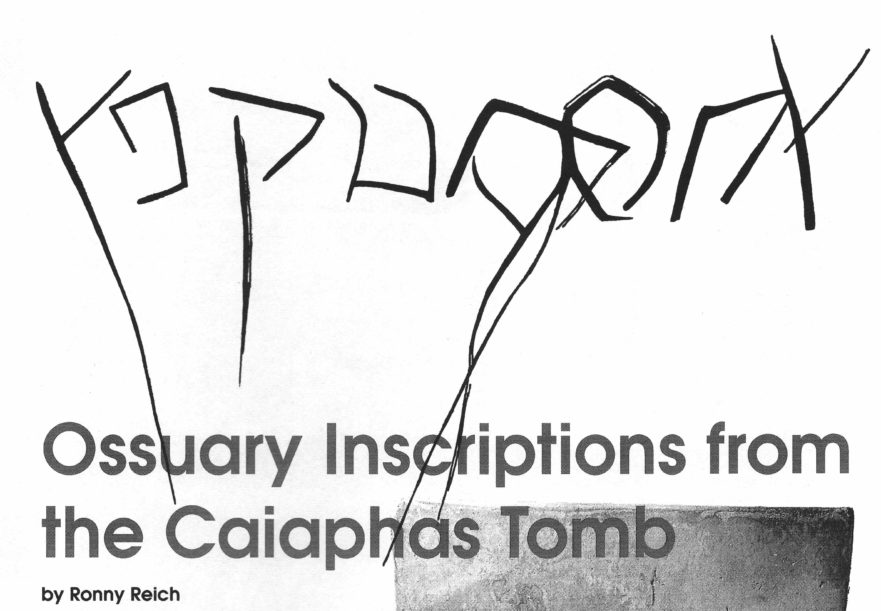
How to cite this article: Ronny Reich, “Ossuary Inscriptions from the Caiaphas Tomb,” Jerusalem Perspective 33/34 (1991): 13-22 .
The ossuaries Zvi Greenhut excavated from a burial cave in the south of Jerusalem bear several inscriptions.

Revised: 4-Sep-2012
In the whole of Luke’s gospel, there is just one context in which the verbs “divorce” and “marry” appear together. That passage—only one verse—ought to contribute to a correct understanding of Jesus’ attitude toward divorce and remarriage; however, there exists no scholarly consensus on the passage’s meaning.
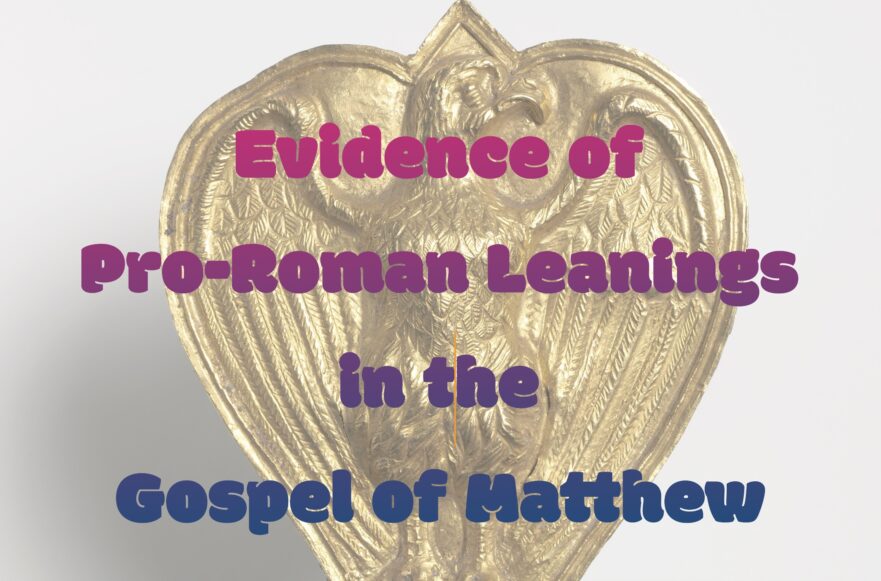
How to cite this article: JP Staff Writer, “Evidence of Pro-Roman Leanings in the Gospel of Matthew,” Jerusalem Perspective (2024) . Josephus’ Pro-Roman Stance
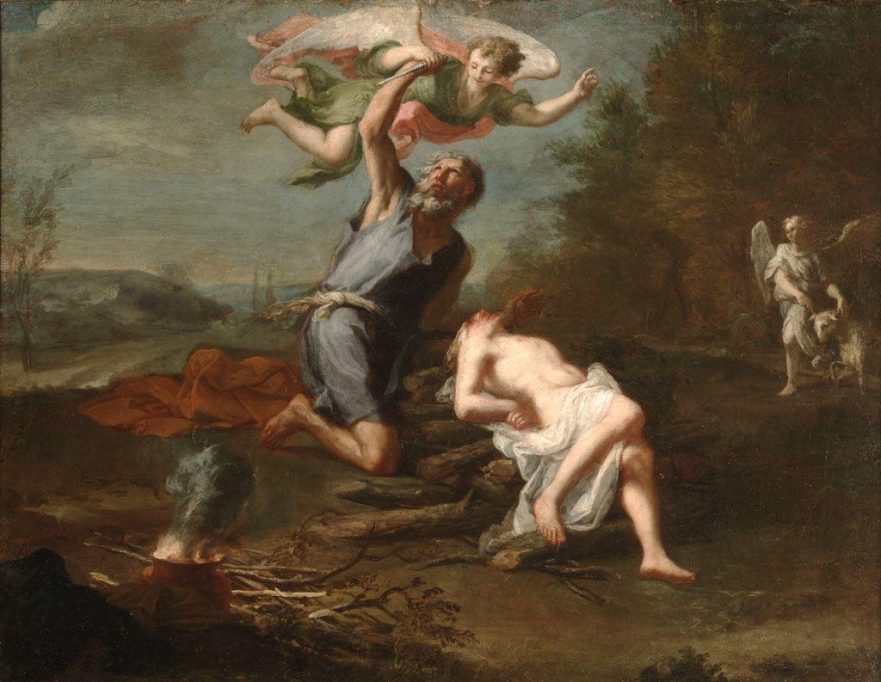
is amazingly similar to Jesus’ temptation in the wilderness (Matt 4:1-11; Luke 4:1-13)…. Luke 4:13].)
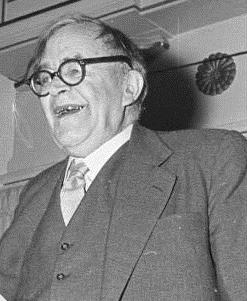
According to Ephesians 2.20, the church is “built upon the foundation of the apostles and prophets, Jesus Christ himself being the chief corner ” (see also Luke 6:48-49; 14:29; Acts 16:26; Rom. 15:20; 1 Cor. 3:10-12; Heb. 11:10; Rev. 21:14, 19).

Elijah was a man of like nature with ourselves and he prayed fervently that it might not rain, and for three years and six months it did not rain on the earth. Then he prayed again and the heaven gave rain, and the earth brought forth its fruit. (James 5:17-18)This article is dedicated to my wife, Lauren Sue.